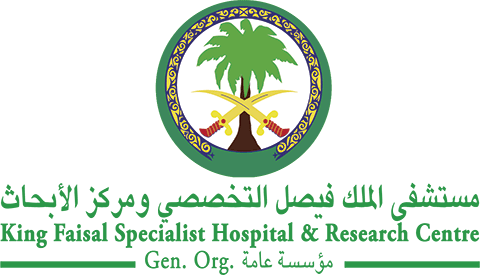Abstract
Objective/Background: Baseline neutrophil/lymphocyte ratio (NLR), a surrogate marker for systemic inflammation and immunosuppression, is a well-studied prognostic marker in nonsmall cell lung cancer (NSCLC). This study tests if interim NLR is prognostic in NSCLC patients in remission. Methods: This single-center, retrospective cohort study analyzed 131 NSCLC patients treated from 2010 to 2015 who achieved complete remission. NLR was calculated at baseline and from the first available blood sample during remission. Kaplan–Meier estimates of overall survival (OS) and time to recurrence were compared using the log-rank test for trend. Multivariable analysis was conducted using the Cox proportional hazards model. Results: Of the 131 cases, 63 had subsequently recurred at the last follow-up. The mean age was 64 ± 10 years. Patients with stage I (35%), II (24%), and III (41%) were included. Histology were adenocarcinoma (60%), squamous cell (33%), and unspecified (7%). The majority of patients were smokers. For the univariate analysis interim NLR was binned into tertiles, NLR < 2, 2–4.08, and > 4.08. Of those with an interim NLR > 4.08, prognosis and recurrence risk were higher. In the multivariable analysis, remission NLR was strongly prognostic for OS (p < .001) as did patient’s age (p = .002), but not stage, race, sex, and baseline NLR. Conclusions: Our study found that interim NLR, obtained in remission, was strongly prognostic for OS and recurrence.
Recommended Citation
Chan, Abigail; Bentzen, Søren; Rout, Amit; and Miller, Kenneth
(2023)
"Predicting if lung cancer will relapse—The role of neutrophil/lymphocyte ratio,"
Hematology/Oncology and Stem Cell Therapy: Vol. 16
:
Iss.
2
, Article 10.
Available at: https://doi.org/10.1016/j.hemonc.2021.08.003
Creative Commons License

This work is licensed under a Creative Commons Attribution-Noncommercial-No Derivative Works 4.0 License.
Included in
Cancer Biology Commons, Hematology Commons, Oncology Commons

